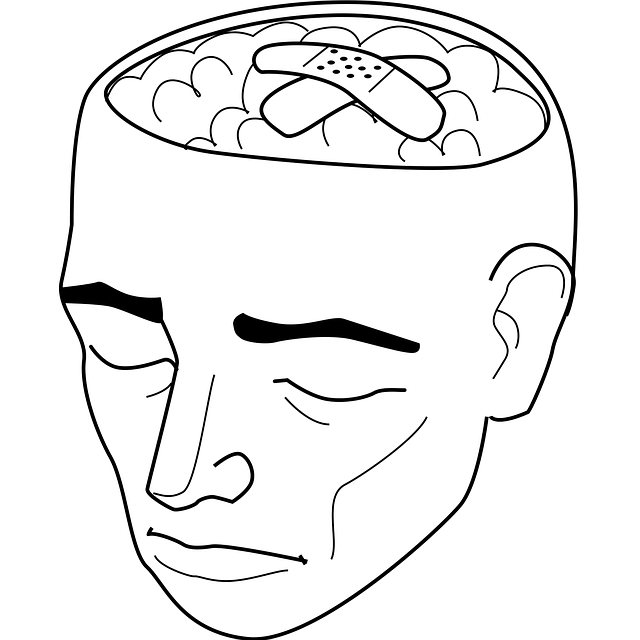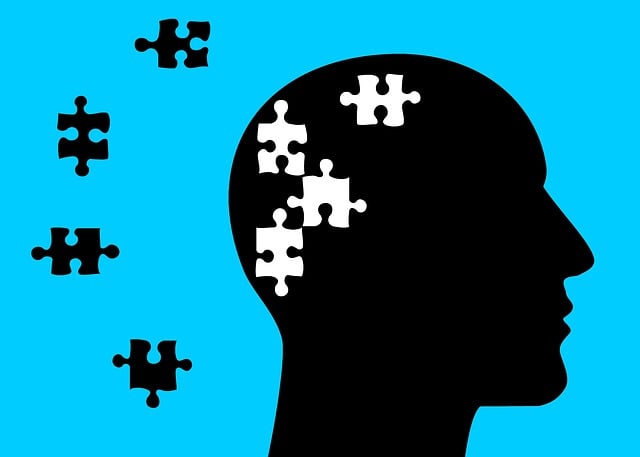Lafayette Developmental Disability Therapy emphasizes early depression recognition through mood, energy, thinking, and behavior observations, highlighting red flags like persistent sadness, changes in appetite/sleep, and concentration difficulties. They advocate for culturally sensitive comprehensive assessments, a healthy lifestyle (balanced diet, exercise, mindfulness), social connections, and stress management to prevent and manage depression effectively. Therapeutic approaches, tailored coping strategies, building inner strength, and support systems are key to their holistic mental health care approach. Lafayette focuses on risk management planning, adaptive coping mechanisms, and self-awareness development for long-term depression prevention and management.
Depression is a serious yet treatable condition, and early intervention is key. This comprehensive guide explores effective depression prevention strategies tailored by Lafayette Developmental Disability Therapy. Learn to recognize subtle signs of depression through expert insights from professionals. Discover lifestyle adjustments, therapeutic approaches, and support systems to foster mental well-being. Additionally, we delve into building resilience for long-term management, empowering individuals to overcome depression and lead fulfilling lives.
- Recognizing the Signs: Identifying Depression Early On (Lafayette Developmental Disability Therapy)
- Lifestyle Adjustments for Improved Mental Well-being (Lafayette Developmental Disability Therapy)
- Therapeutic Approaches and Support Systems (Lafayette Developmental Disability Therapy)
- Building Resilience: Strategies for Long-term Depression Management (Lafayette Developmental Disability Therapy)
Recognizing the Signs: Identifying Depression Early On (Lafayette Developmental Disability Therapy)

Recognizing depression early on is a crucial step in preventing its onset and managing symptoms effectively. Lafayette Developmental Disability Therapy emphasizes that identifying the subtle signs can make all the difference. Emotional intelligence plays a vital role here—being mindful of changes in mood, energy levels, and patterns of thinking or behavior can be indicative of underlying depression. For instance, persistent feelings of sadness, loss of interest in activities once enjoyed, changes in appetite or sleep patterns, fatigue, difficulty concentrating, and even physical symptoms like headaches or body aches could be red flags.
Cultural sensitivity in mental healthcare practice is essential, as different cultural backgrounds may interpret these signs differently. Lafayette Developmental Disability Therapy advocates for a comprehensive assessment that considers personal, social, and cultural factors to ensure accurate diagnosis and tailored prevention strategies. By fostering inner strength development through therapy and support, individuals can build resilience against depression, promoting overall well-being.
Lifestyle Adjustments for Improved Mental Well-being (Lafayette Developmental Disability Therapy)

Adopting a healthy lifestyle plays a pivotal role in depression prevention, as advocated by Lafayette Developmental Disability Therapy. This involves maintaining a balanced diet rich in nutrients essential for brain health, engaging in regular physical activity to boost mood and reduce stress hormones, and prioritizing quality sleep to ensure optimal cognitive function. Additionally, cultivating positive thinking through mindfulness practices, such as meditation or journaling, can significantly enhance mental resilience.
Lafayette Developmental Disability Therapy also emphasizes the importance of social connections and reducing stressors in one’s environment. Building a strong support network and practicing effective time management techniques, especially for healthcare professionals dealing with high-stress jobs like those assessed during a Risk Assessment for Mental Health Professionals, are crucial burnout prevention strategies. Engaging in hobbies, spending time in nature, and setting realistic goals can further contribute to maintaining emotional well-being, complementing the broader mental health care approach.
Therapeutic Approaches and Support Systems (Lafayette Developmental Disability Therapy)

Therapeutic approaches play a pivotal role in depression prevention, especially when tailored to individual needs, such as those offered by Lafayette Developmental Disability Therapy. This therapy focuses on fostering inner strength development and providing personalized strategies to navigate mental health challenges. Through various therapeutic modalities, individuals can learn coping mechanisms, enhance their problem-solving skills, and build resilience against depressive episodes.
Support systems are integral to the overall mental wellness process. The Mental Wellness Podcast Series Production, for instance, offers a platform for sharing stories, raising awareness, and promoting open conversations about mental health. Moreover, engaging in communities that advocate for Mental Health Policy Analysis and Advocacy can drive systemic change, ensuring better access to care and support for those struggling with depression and other mental health disorders.
Building Resilience: Strategies for Long-term Depression Management (Lafayette Developmental Disability Therapy)

Building resilience is a key strategy in long-term depression management, as advocated by Lafayette Developmental Disability Therapy. This involves equipping individuals with adaptive coping mechanisms to navigate life’s challenges. By fostering social skills training and mental wellness coaching programs, individuals gain the confidence to express their emotions healthily and seek support when needed. Such initiatives enhance self-awareness, enabling people to recognize early warning signs of depression and take proactive measures.
Lafayette Developmental Disability Therapy also emphasizes the importance of risk management planning for mental health professionals. This involves developing personalized strategies tailored to each individual’s unique needs. Through these comprehensive approaches, individuals build a supportive network that promotes mental wellness and reduces the likelihood of depressive episodes.
In conclusion, depression is a serious yet preventable condition. By recognizing early signs through Lafayette Developmental Disability Therapy’s guidance, making beneficial lifestyle adjustments, tapping into therapeutic approaches and support systems, and building resilience, individuals can effectively manage and overcome depression. These strategies empower individuals to lead fulfilling lives, emphasizing the importance of proactive mental health care.











